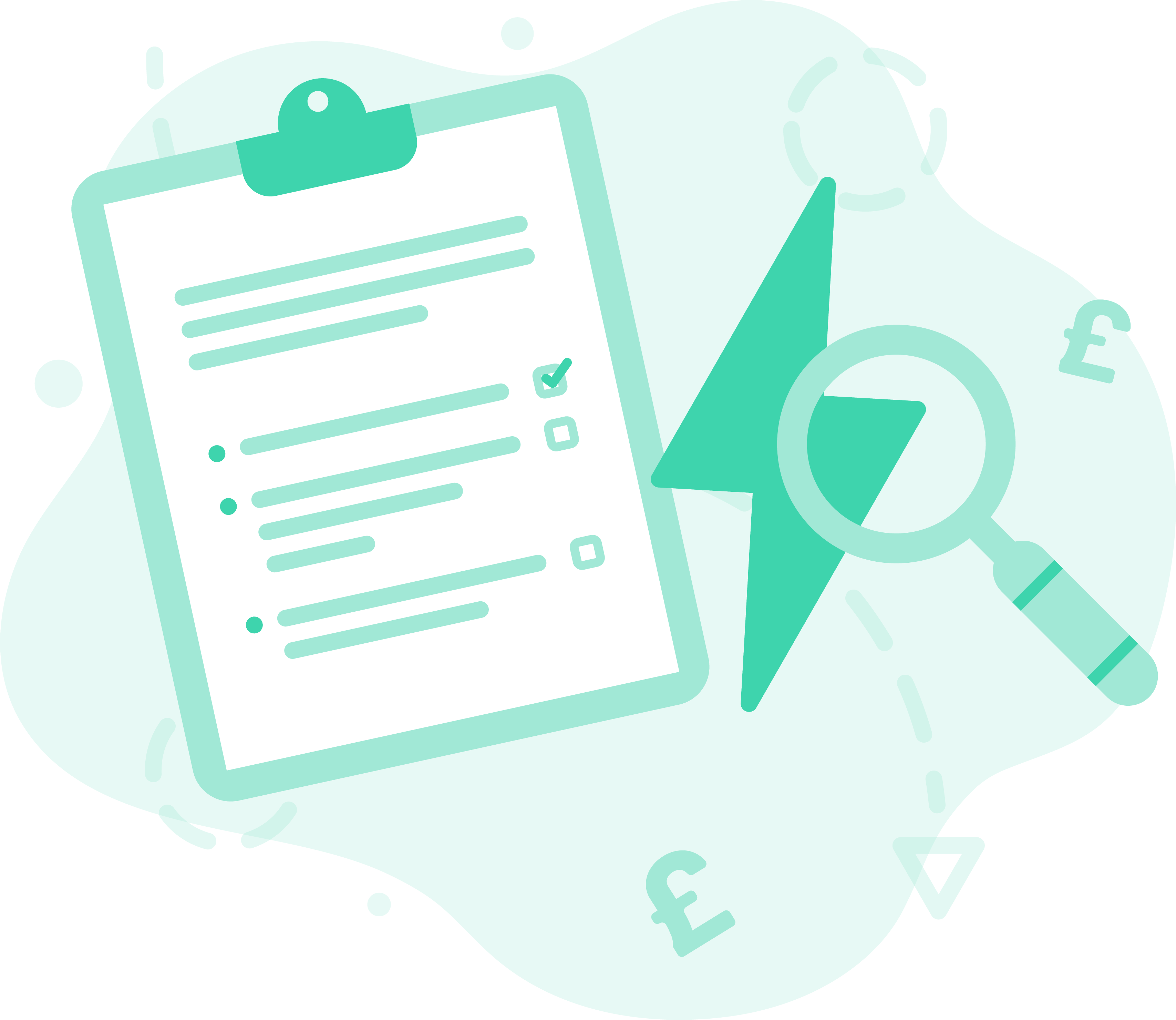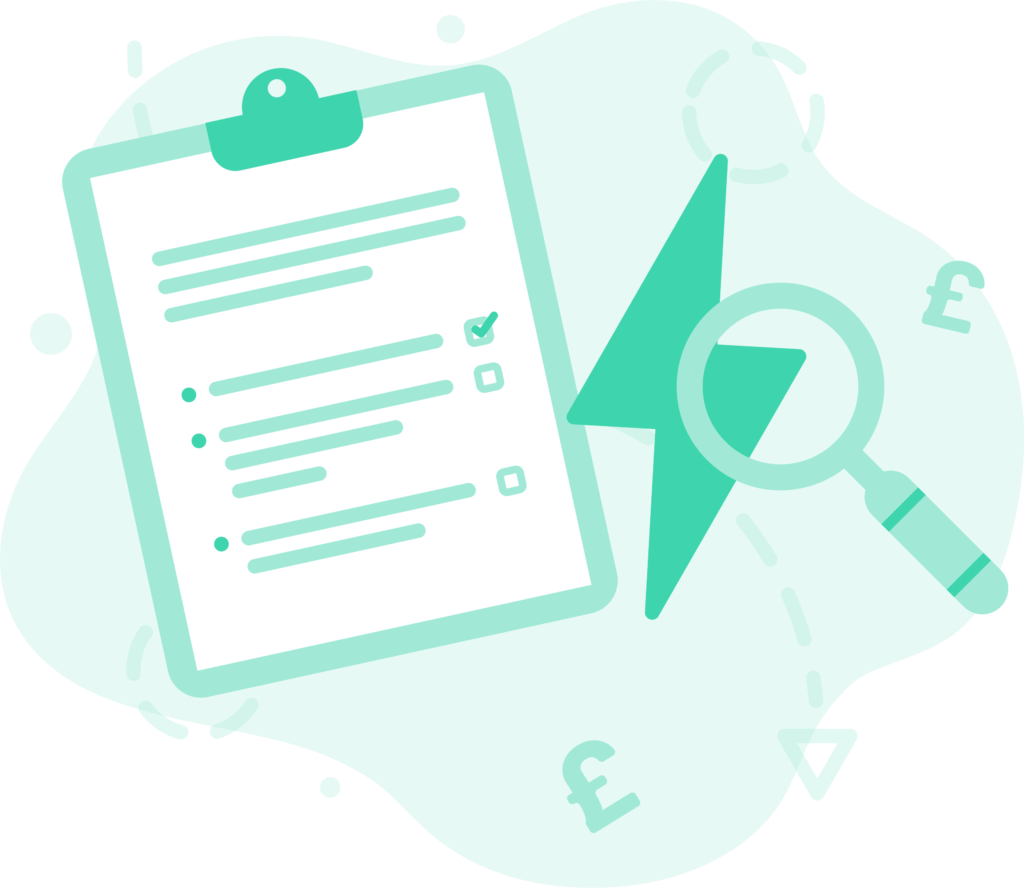An Energy Savings Opportunities Assessment, or ESOS, is a compulsory scheme that requires some organisations to report on their total energy consumption while performing an energy audit. Companies who meet the criterion are obligated to take part (to find out if you’re required to conduct an ESOS, see below). Subsequently, the scheme aims to forge a cost-effective energy-saving strategy for an organisation and works in conjunction with EU’s overarching initiative to reduce carbon by 80% before 2050.
Though the path to an effective energy-reduction strategy seems tough, there are ways to ease the complexity of the process – that’s where we come in…
Do I Even ESOS?
First and foremost, it’s important to determine whether your company or organisation is required to take part in the scheme.
Participation is required if you’re a UK company with:
a. An annual turnover exceeding €50m, and
b. A balance sheet exceeding €43m, OR
c. Are part of a corporate group which includes a UK undertaking that meets the criteria above
Should you match any of the above criteria, your organisation is part of the 15,000 companies obligated to take part in the ESOS scheme.

ESOS Essentials
Before forging an effective energy strategy, ESOS requires an organisation to build an energy consumption profile. The report requires clear and accurate readings of significant energy-usage patterns and requests the identification of functions within your electrical system and how much energy they consume. The report should also capture a minimum of 90% of the total energy consumption across a 12-month period, as the de minimis rule allows you exclude up to 10% of your energy consumption in areas of unknown consumption. This is an immense amount of work that tends to be monitored both digitally and manually.
Manually-collected data tends to include information from a number of sources. Reports are on the following:
• Grey miles
• Road miles
• Carbon footprint
Digitally-collected data should cover utilities such as:
• Gas
• Electrical usage (both across the organisation and on a granular device level)
All measured data such as joules, kW, road miles, and food miles will be converted into a carbon metric. This allows the carbon footprint to be calculated.
Automate Reporting with the Hark Platform
The Hark Platform allows users to monitor, analyse and optimise energy-consumption patterns. Therefore, our dashboard provides real-time and historical energy data that can be exported over to an ESOS report. Our analysis suite also automatically calculates the carbon footprint by converting all of the captured data into a carbon metric.
ESOS reporting using the Hark Platform is made easier via access to and the export of your live and historical data.
Going Green
For those looking to implement green energy-consumption processes, Hark’s analysis suite not only helps to collect energy-consumption data for the ESOS scheme but provides actionable strategies on where and how to save energy. All in all, we’re helping organisations to go green, and a green energy-consumption plan has the potential to make big waves. In the last decade, Hilton saved over $1b by focussing on carbon management.
The combination of an ESOS report with Hark technology is a strategic way to invest into realistic, technological solutions to an organisations carbon footprint problem. By going green in this way, an organisation can potentially aid the EU in its mission towards climate neutrality.
For more information, please contact our team!



